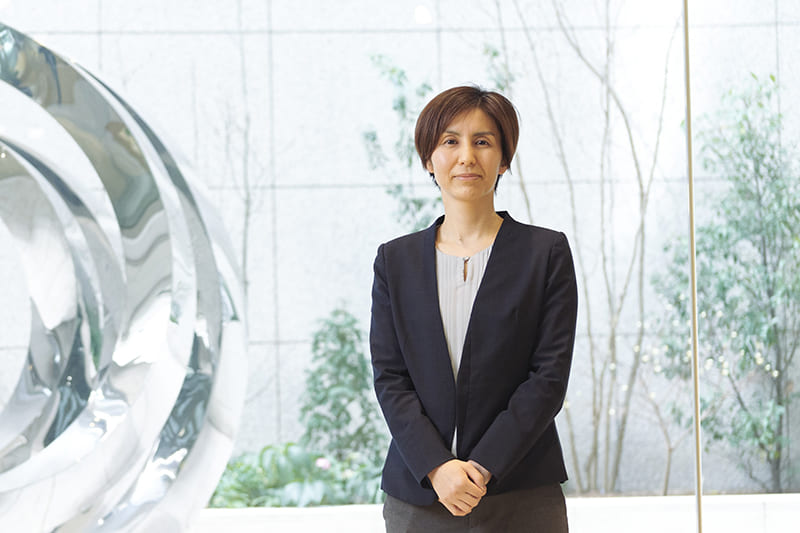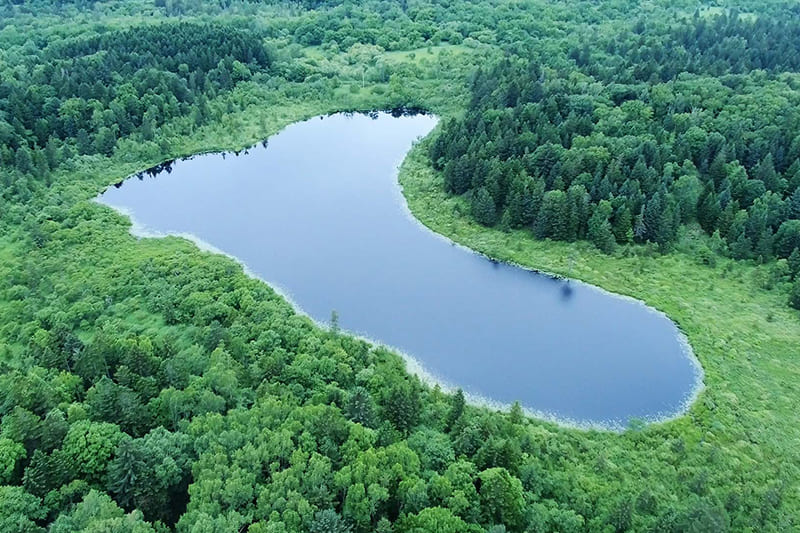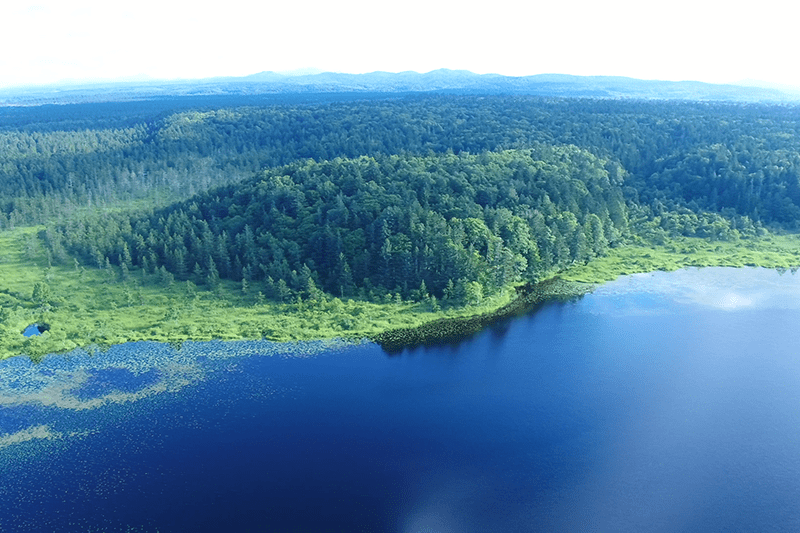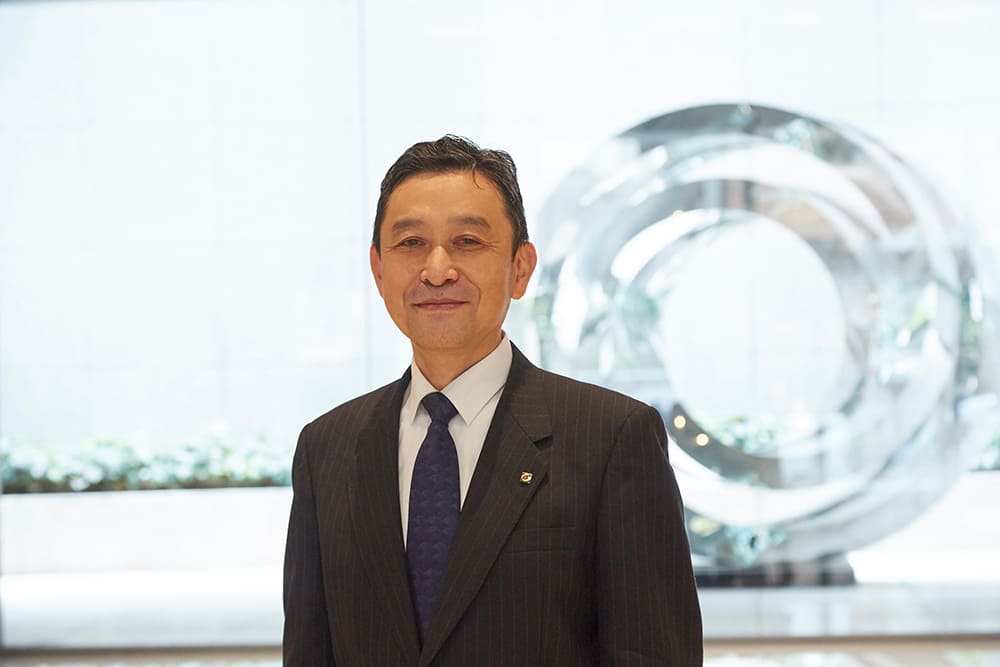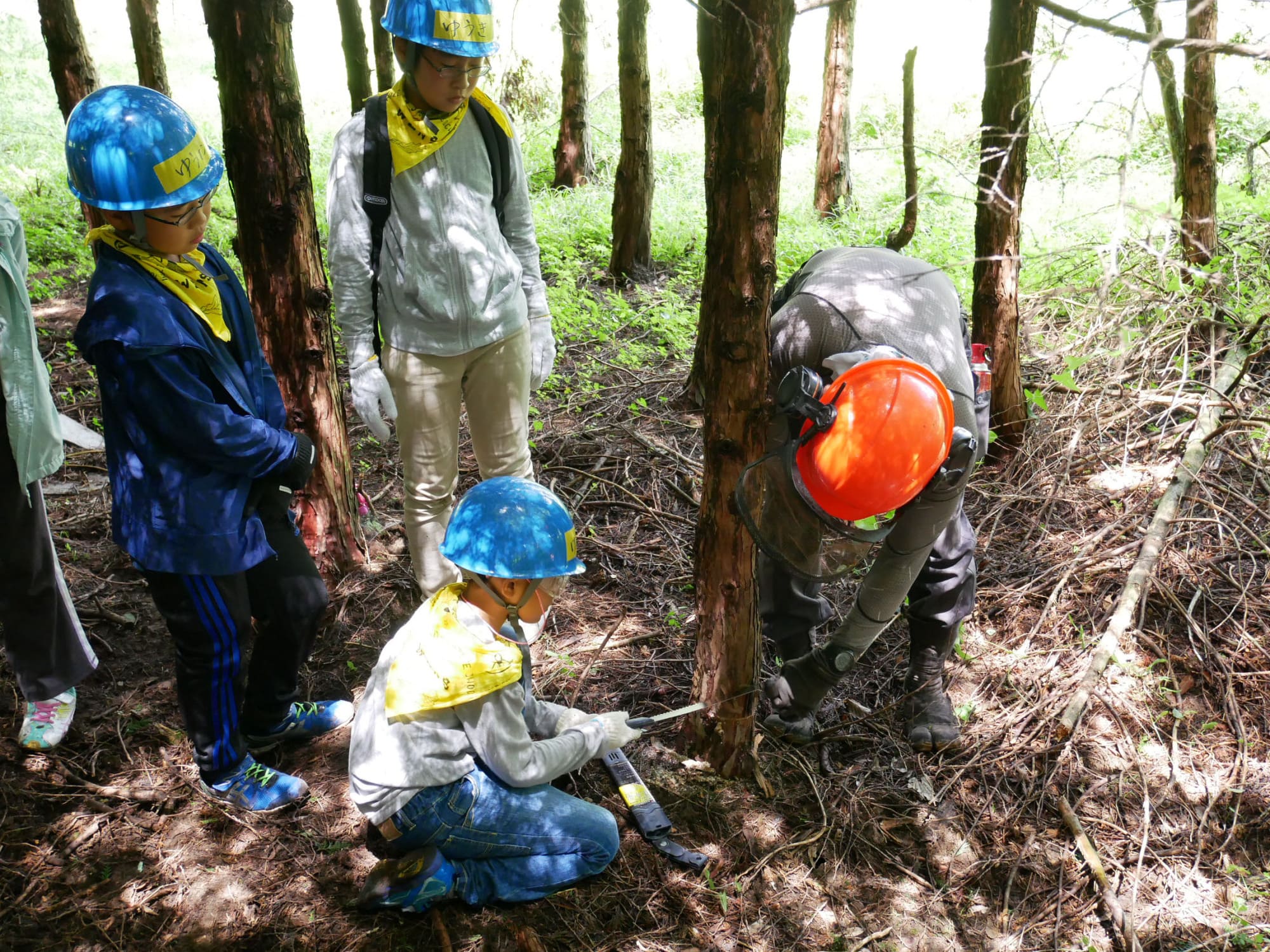August 12, 2025
Top paper maker Oji works to conserve, quantify natural assets
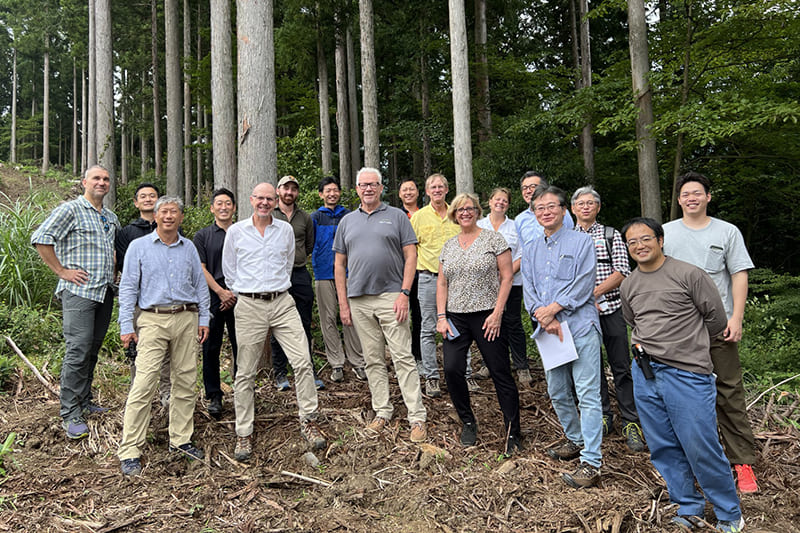
Oji Holdings, Japan’s leading paper maker, has set aside about 30% of the 640,000 hectares of forests it owns globally for conservation. Amid the shift from plastic to paper-based alternatives and increased interest in biofuels, the importance of sustainable forestry has never been clearer. Commercial forests provide various benefits to the public as well, and the company’s efforts to nurture them have been ongoing for over a century.
In a recent interview with The Japan Times, the manager of Oji’s Forest Value-Creation and Promotion Department, Yuya Toyoshima, said that one such initiative is a project in the Hokkaido village of Sarufutsu. Oji owns 17,000 hectares of forests in the area, where it carries out various activities to conserve the existing environment and quantify natural assets with a focus on five key values: carbon, biodiversity, soil, nutrients and water.
This area is home to rivers where the endangered Japanese huchen, Japan’s largest freshwater fish, lives. The river originally meandered, but part of it was straightened by people and concrete culverts were installed. Fish find it hard to live in rivers that lack geographical complexity and biodiversity. “We have plans to restore the river to its natural state, and the impact of these efforts will be measured,” Toyoshima said.
Wetlands in this area are not only valuable habitats for various species but also have stored an enormous amount of carbon dioxide underground over time, which Oji is working to quantify. The company is also restoring degraded parts of the wetlands.
In addition, scallops are cultivated in Sarufutsu. “These scallops are exceptionally tasty, and we are working with researchers to investigate the reason for this,” Toyoshima said. “We are testing the hypothesis that iron, an essential nutrient for phytoplankton that the scallops feed on, is rich in this area because of the supply from the wetlands.”
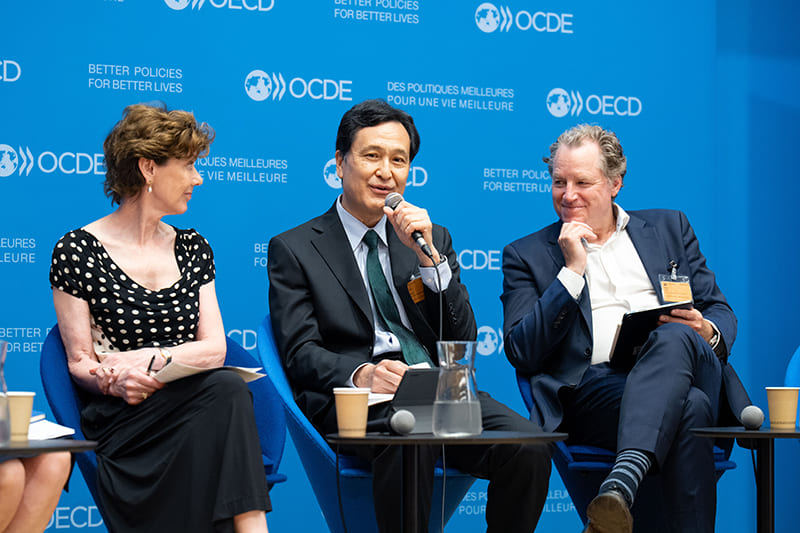
The company is also collaborating with a startup to gather data on the local flora and fauna using a range of technologies, including drones, audio sensors, camera traps and DNA analysis of river water. This data is then analyzed by AI to quantify the biodiversity of the area. Toyoshima believes that quantifying the value of forests is important in the context of natural capital accounting, a method of integrating natural and financial assets to evaluate and manage a company’s business activities.
New initiatives on measuring and evaluating nature locally are also being carried out overseas. Toyoshima said the U.K.’s Biodiversity Net Gain law, for example, is “a drastic set of rules that require developers to increase biodiversity by at least 10% after construction compared to the preconstruction state. If this cannot be achieved on-site, they must increase biodiversity elsewhere. If that is still not feasible, they will be required to purchase biodiversity credits from the government.”
However, he also noted that a globally standardized approach to measuring nature has not yet been established and that discussions over the methodology are ongoing, particularly in Europe.
The Nature Positive Initiative is one of the organizations that provide a platform for these discussions. The NPI has 27 member organizations from around the world. “We hope that we can provide feedback on the results of our attempt to visualize the value of nature through our participation in the organization’s pilot project, and contribute to the creation of an international standard,” Toyoshima said.
He also emphasized, however, that a common methodology needs to be flexible enough to accommodate regional variations. “This is why it is crucial that diverse companies and organizations from around the world participate in the discussion,” he said. “While European countries tend to take the lead in this rule-making, we, as a company with vast natural capital, are committed to sharing our insights to highlight aspects that may have been overlooked in Europe.”
Oji is also a founding member of the International Sustainable Forestry Coalition of 19 forest-owning companies. The group aims to establish a common approach for identifying the value and functions of forests that deserve attention, converting them into monetary values and disclosing this information.
Oji CEO Hiroyuki Isono participated in discussions at the 2024 United Nations Biodiversity Conference of the Parties (COP16) in Colombia. This July, he was invited to the OECD Green Growth and Sustainable Development Forum, where he emphasized the urgency of establishing a mechanism to reflect natural capital on corporate balance sheets and create an economy where corporate activities can directly promote the sustainability of the natural environment.

